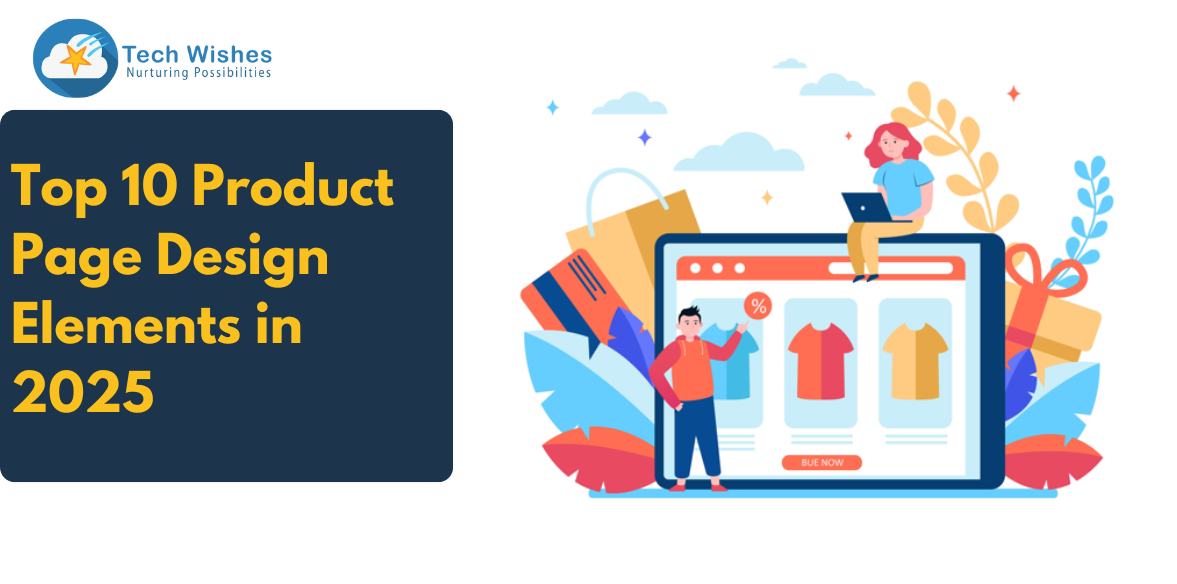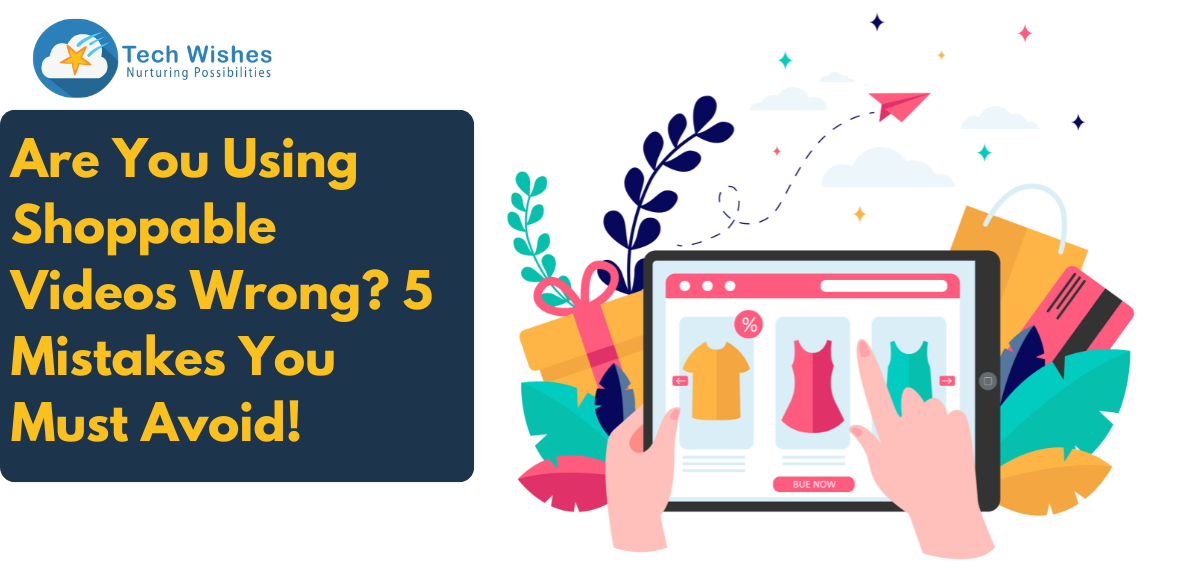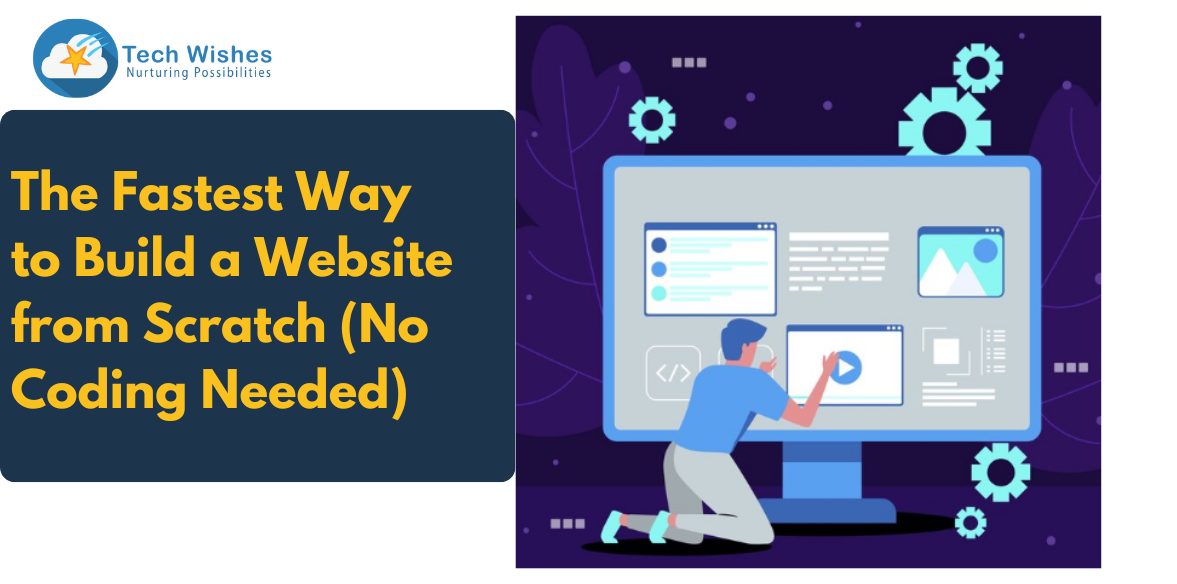Welcome to the world of boundless opportunities and digital wonders! In the fast-paced and fiercely competitive realm of e-commerce, standing out from the crowd has become an art, and Ecommerce Content Marketing is the secret brush that paints success on your canvas. Imagine a vibrant marketplace where every brushstroke of captivating content brings customers to your doorstep. At the same time, your competitors look on in awe, wondering how you master the art of Google rankings. In this exhilarating journey, we will unravel the magical significance of Ecommerce Content Marketing for your online store and unveil the strategies that will elevate your digital presence to soaring heights, surpassing even the loftiest of your rivals. So, tighten your seatbelt, dear reader, as we embark on a thrilling expedition to conquer the virtual realm of e-commerce with the power of words and imagination!
The Power of Ecommerce Content Marketing
Ecommerce Content Marketing is the art of creating and distributing valuable, relevant, and consistent content to attract and engage your target audience. Unlike traditional advertising, content marketing focuses on providing genuine value to potential customers, which builds trust and credibility for your brand.
The benefits of Ecommerce Content Marketing are far-reaching. Not only does it increase your website's visibility on search engines like Google, but it also allows you to establish authority in your niche, drive organic traffic, and boost customer loyalty. By producing high-quality, informative content, you position your online store as a go-to resource for valuable information and solutions, increasing the chances of conversions and sales.
Understanding the Ecommerce Content Marketing Funnel
To maximise the impact of your Ecommerce Content Marketing efforts, it is crucial to understand the content marketing funnel. The funnel consists of three main stages:
1. Awareness
At the top of the funnel, the focus is on creating content that generates awareness about your brand and products. This content should be engaging, informative, and optimised for relevant keywords. Blog posts, social media content, infographics, and videos are excellent examples of awareness-stage content.
2. Consideration
In the middle of the funnel, potential customers are evaluating their options. Here, you can provide in-depth content, such as buying guides, product comparisons, and customer testimonials, to help users make informed decisions. Engaging and interactive content can be effective during this stage.
3. Conversion
At the bottom of the funnel, the aim is to convert leads into paying customers. Product pages, case studies, limited-time offers, and persuasive calls-to-action play a crucial role in guiding customers towards the final purchase decision.
Key Components of a Successful Ecommerce Content Marketing Strategy
Now that we understand the significance of Ecommerce Content Marketing, let's explore the key components of a successful strategy:
1. Keyword Research
To outrank your competitors on Google, thorough keyword research is essential. Identify high-traffic keywords relevant to your products and industry. Utilize tools like Google Keyword Planner and SEMrush to find valuable keyword opportunities with low competition but high search volume.
Read: SEO for E-Commerce
2. High-Quality Blogging
A well-maintained blog is the heart of your content marketing strategy. Publish well-researched, informative, and keyword-optimized blog posts regularly. This not only boosts your search engine rankings but also provides a platform to engage with your audience, answer their questions, and address their pain points.
3. Compelling Product Descriptions
When it comes to e-commerce, product descriptions matter. Avoid using manufacturer-supplied content and instead, create unique and compelling product descriptions that highlight the benefits and features of your products. Incorporate relevant keywords naturally for better search visibility.
4. Visual Content
Incorporating visual content such as images, infographics, and videos enhances the user experience and makes your content more shareable. Visual content is not only engaging but also helps in conveying complex information in a digestible manner.
5. User-Generated Content (UGC)
Leverage the power of user-generated content to build trust and credibility. Encourage customers to leave reviews, share their experiences, and post user-generated images. UGC serves as authentic social proof, encouraging potential buyers to trust your brand.
Read: 10-Ways To Crafting Compelling Content
6. Email Marketing
Email marketing is a powerful tool to nurture leads, retain customers, and drive repeat purchases. Provide valuable content through personalized email campaigns, such as product recommendations, exclusive offers, and informative newsletters.
Read: The Secrets of Effective Email Marketing Campaigns
Measure, Analyze, and Optimize
A successful Ecommerce Content Marketing strategy requires continuous measurement, analysis, and optimization. Utilize web analytics tools like Google Analytics to track the performance of your content. Monitor key metrics such as traffic, bounce rates, time on page, and conversion rates. Identify the content that resonates the most with your audience and optimize it for better results.
Conclusion
In conclusion, Ecommerce Content Marketing is a fundamental aspect of your online store's success. By creating valuable and relevant content, you can attract and engage your target audience, build trust and authority, and ultimately outrank your competitors on Google. Remember, consistency and quality are key in content marketing, so invest the time and effort to create content that resonates with your audience and aligns with their needs.
Reach out to the top digital marketers in India for more…



